From mainstream to new elite, the epigones of the super bands of the seventies
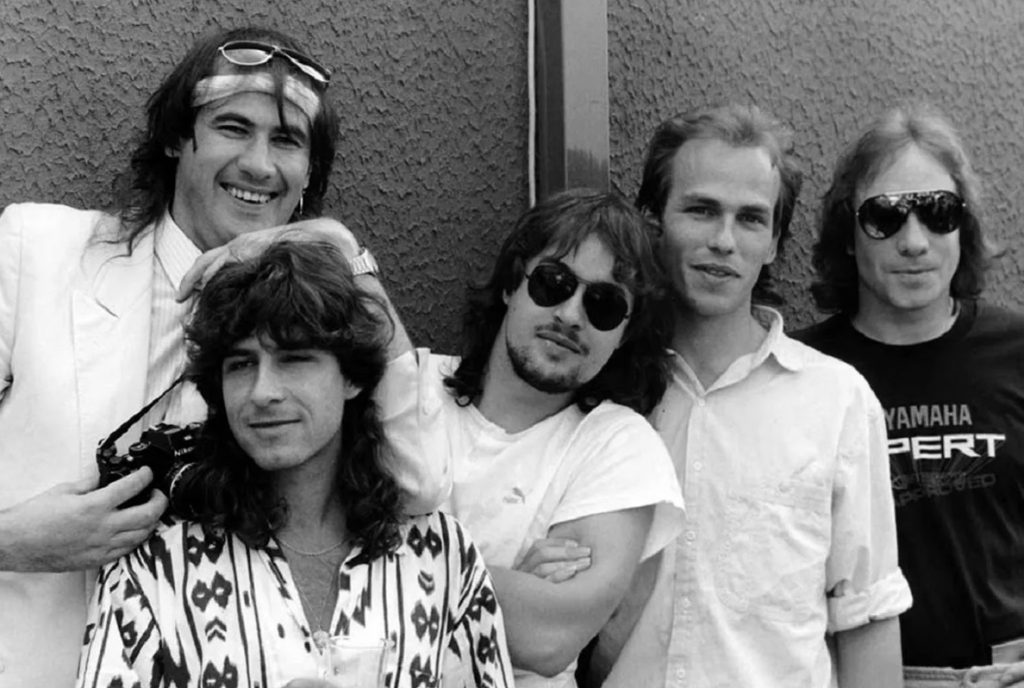
by Fabrizio Ragonese
The 1980s are one of those things that leave no one indifferent. You either love them or loathe them. The years of social disengagement, reflux, commercial TV, yuppies, paninari (young Italian people who adopted a basicly consumistic lifestyle), you name it. Or perhaps, more simply, a decade symbolic of a point of no return in society. Many things would never be the same again, for better or for worse.
Music, for example.
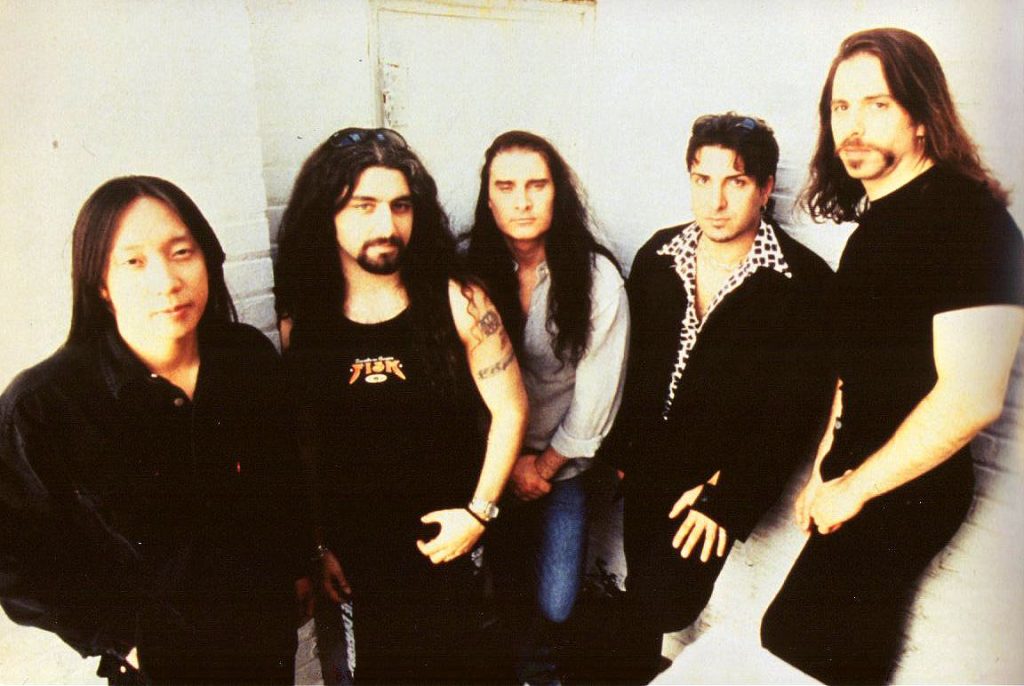
The difference from the previous decade is striking: no more interminable suites, no more psychedelia, no more demanding or cerebral songs with layered and sumptuous arrangements, no more instrumental virtuosity. All stuff that gives way, willingly or unwillingly, to fairly basic arrangements with simple, direct and catchy melodies, into which the electronics enter in an overbearing and authoritative manner, no longer with the aim of mentally involving the listener, but simply to entertain, to dance to or hum. That is all. Music as a form of entertainment and nothing more. Some consider this to be the secret of that decade’s musical success, while others see this theorem as the tombstone of music with a capital ‘m’, quality music, and who see the 1980s as simply the decade of hit parade songs, the decade in which anyone who knew how to program a keyboard was potentially able to churn out a hit, even people without the slightest talent. This is certainly true in many cases. But not in all.
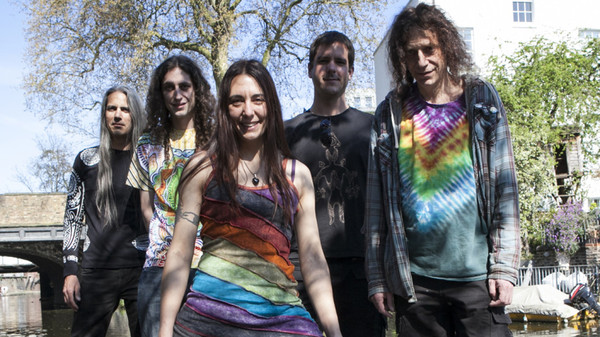
The 1980s, in fact, saw the birth of bands that immediately manifested their desire to break away from the mainstream of those years, and to draw on the very style that had characterised the previous decade, in particular prog, while adapting it to contemporary sounds. This is why the term ‘neo-prog’ was coined: because these were not bands that merely aped the old 70s prog bands, but a true musical movement that fused prog with new wave, creating something that no one had ever heard before. Above all, it was something very courageous at the time, because record companies were putting more and more pressure on artists to churn out catchy singles that had the potential to climb the charts, while neo-prog was (and still is) a niche genre, far from the commercial circuits. It was this kind of pressure that led to the dissolution or conversion to new wave of the vast majority of prog bands. For this reason, both fans, disappointed and embittered, and critics often dismissed neo-prog artists as banal and dreary copies, not even very successful, of the sacred monsters of the past. Yet this is an ungenerous judgement to say the least, because taken one by one and analysed individually without cumbersome comparisons, these bands turn out to be all of the highest calibre, with formidable musicians and with pieces that have nothing to envy the legends of progressive music, even more so if placed in the musical context of the time, a period when making music like that was a bold choice, because it meant renouncing popularity. In this article I will therefore try to pay homage to the most representative bands of the neo-progressive genre, from the 80s and 90s onwards.
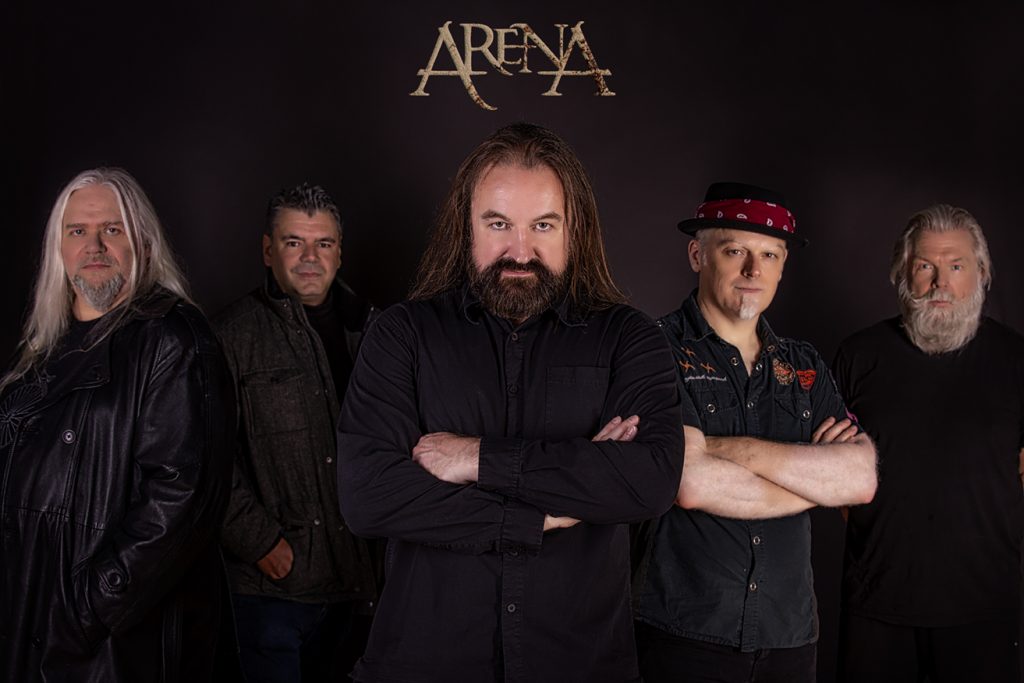
The band that certainly deserves to be mentioned first is Marillion, who distinguished themselves not only for their longevity and artistic output, but also for being perhaps the only neo-prog band ever to have placed a single in the charts, the celebrated Kayleigh, which has since entered the collective imagination. Despite the departure of charismatic frontman Fish, and despite being ungenerously labelled ‘the poor man’s Genesis’, the British band still managed to remain true to their nature over time, maintaining a brilliance and creativity rare to find. In addition to the aforementioned Kayleigh, pieces such as Easter, White Russian, Blind Curve, Script for a Jester’s Tear, Sugar Mice, Beautiful, Slaint Mhath, Punch & Judy, Lords of the Backstage, to name but a few, are also worth mentioning. Also very interesting is IQ, another very long-lived and prolific line-up that, albeit with a brief, more commercial interlude, has remained firmly anchored to its fixed points, a mix of ‘hard’, electronic and symphonic sounds, with very complex and articulated arrangements and a sometimes crazy technique. One of the albums that best frames their style is Ever, released in 1993 and immediately a great success for devotees of the genre, highly recommended for those wishing to attempt a first approach. The 1997 album Subterranea is also definitely representative of their style and deserves a careful listen.
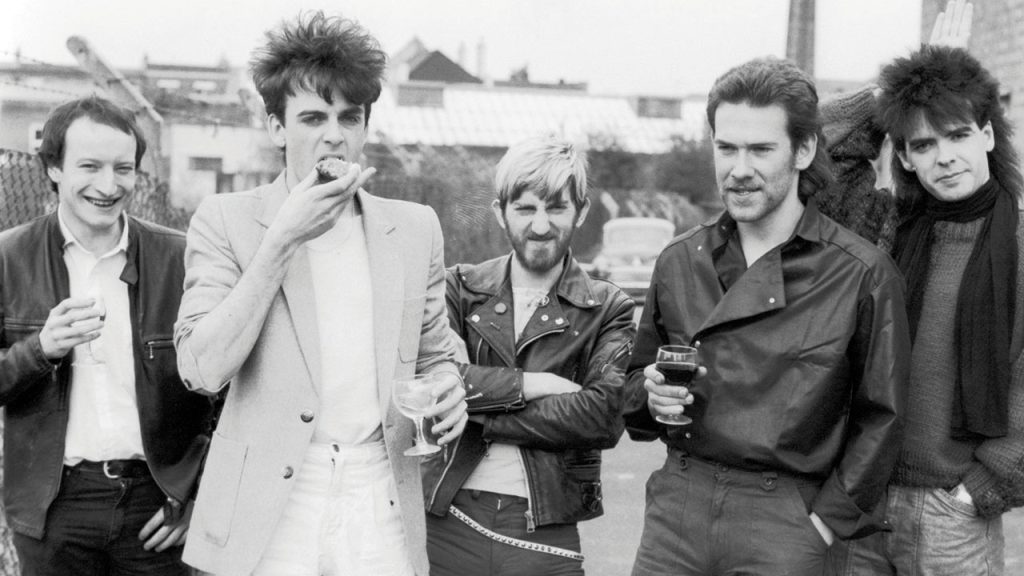
Equally noteworthy is Ozric Tentacles, a band that has distinguished itself over the years for its atmospheres somewhere between psychedelic and oriental, particularly appreciable in tracks such as Aramanu, Ashlandi Bol, Become the Other, Eternal Wheel, Kick 98, Velmwend, The Domes of G’Bal, to name but a few. Arena, a British supergroup made up of former members of other neo-prog bands such as the aforementioned IQ and Marillion (who represent their greatest influence), as well as Pendragon and Shadowland, are also convincing, and despite numerous line-up changes have always shown great compositional freshness, evident in tracks such as Pins and Needles, to name but one. More marginal in this respect are the celebrated Dream Theater, who, although they certainly have neo-prog influences, have sounds that are too ‘hard’ to be cited as representatives of the genre. After the first two decades, which represent the period in which it was most popular, neo-prog lost popularity, becoming a much more niche phenomenon from the mid-1990s onwards, only to be ‘rediscovered’ in the 2010s, with the birth of new formations that are equally respectable. Amongst these, it is certainly worth mentioning Tame Impala, an Australian band among the most recent, which with tracks like Let It Happen shows great promise, displaying a brilliant originality, capable of daring with naturalness and positively striking the listener. Let us hope to find some more interesting surprises like this in the years to come.
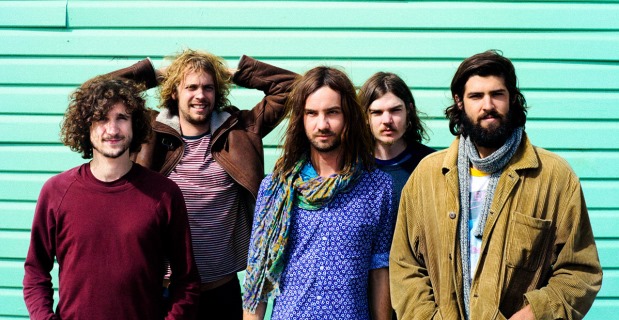
Of course, there are countless names to mention, and perhaps some will turn their noses up at not seeing this or that band. The point is that they are all very good artists, and each of them has shown that there is always a different road to take, that there are not just hit parade hits, that even when the whole world goes the other way you can always go in a stubborn and contrary direction, to quote Fabrizio De André, and that when it comes to music you can always go outside the box if you have the right amount of courage, conviction and awareness of your own means. Neo-prog has represented, and still represents, a respectable artistic movement, which may have paid a high price in terms of popularity, but which has the merit of having broken through the ice cap of commercial music, as well as having breathed new life into that dream called progressive, revisiting it and giving it a new dimension. Excuse me if that is not enough.
 Mediafrequenza Attualità, cultura, sport, spettacolo
Mediafrequenza Attualità, cultura, sport, spettacolo



